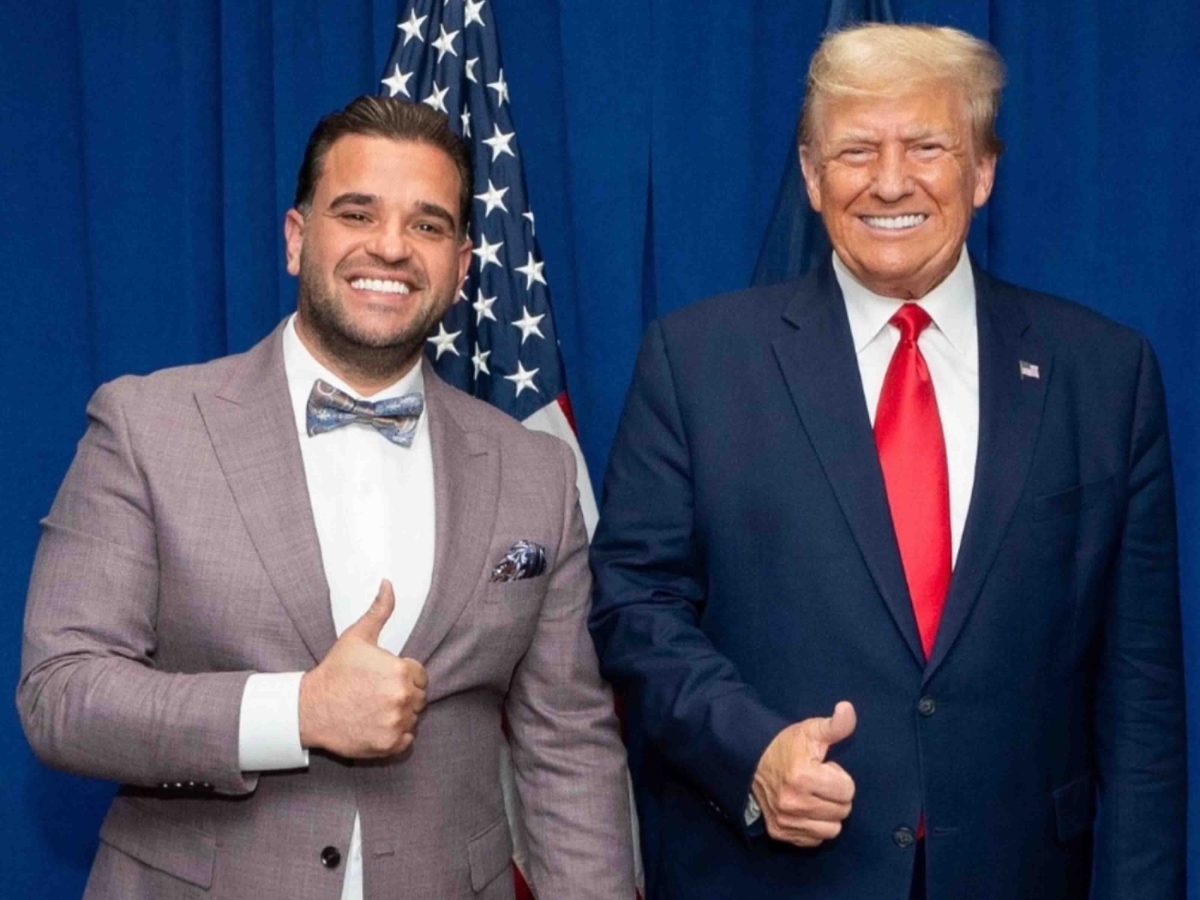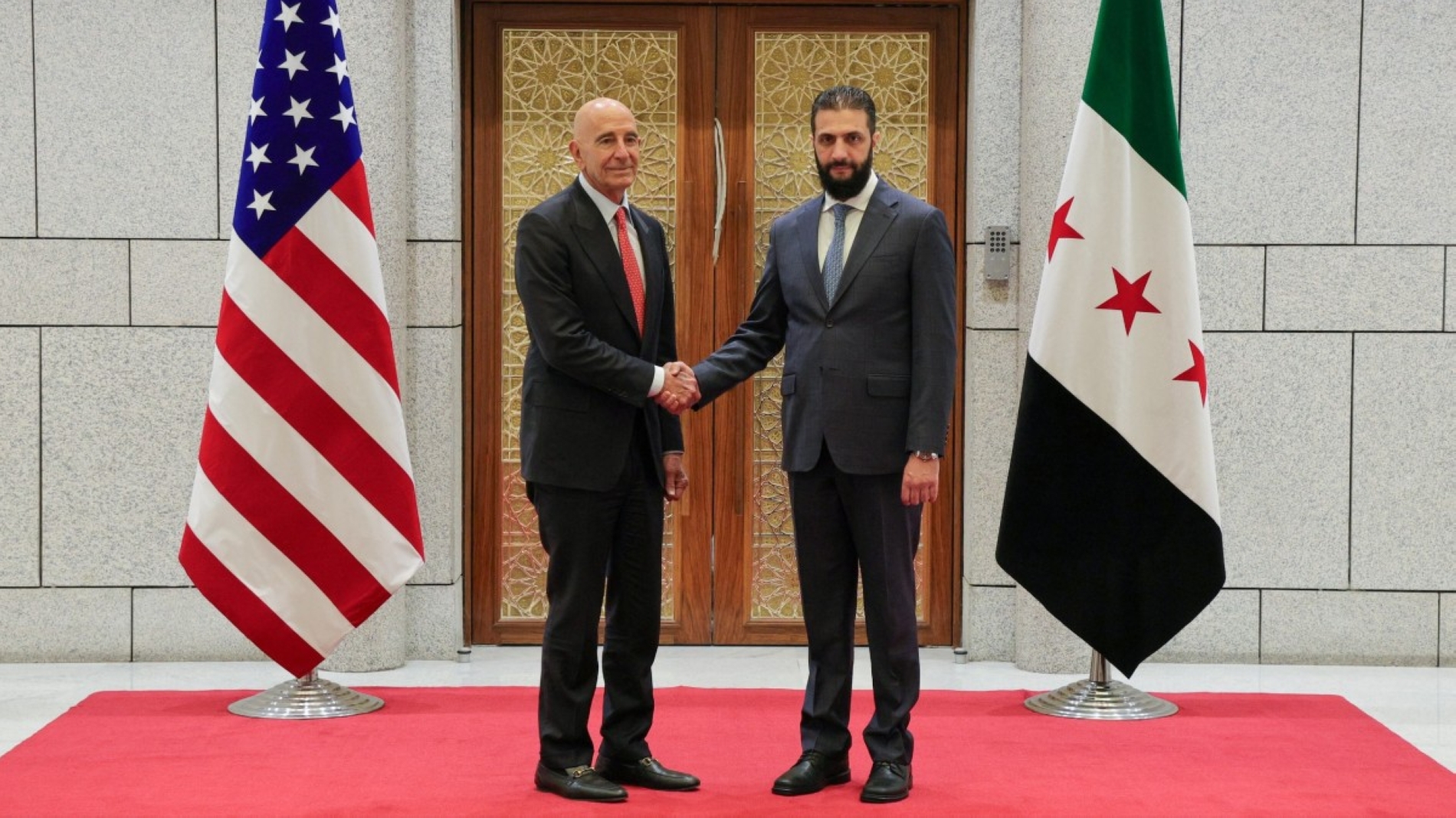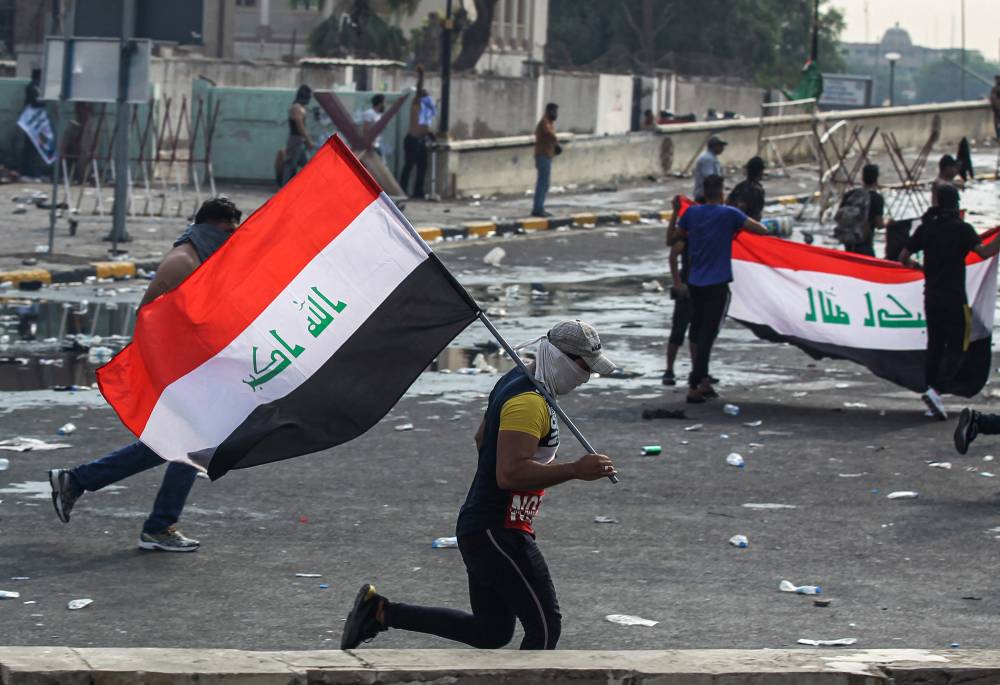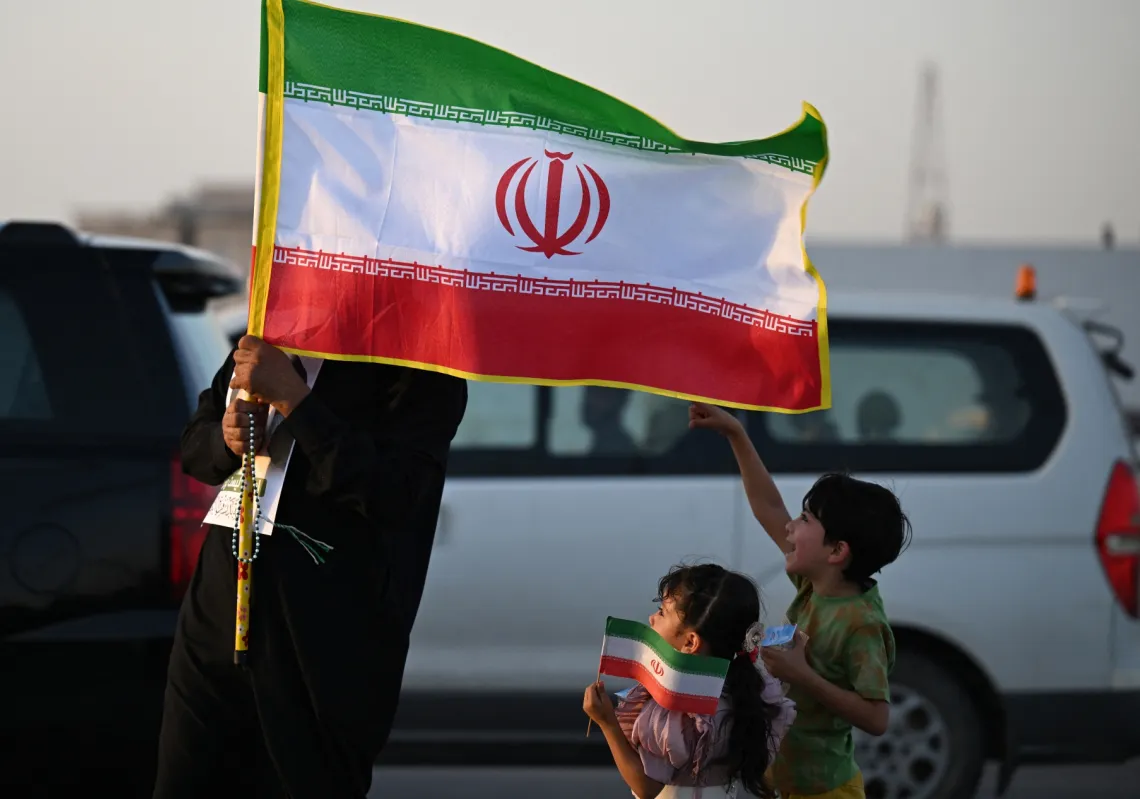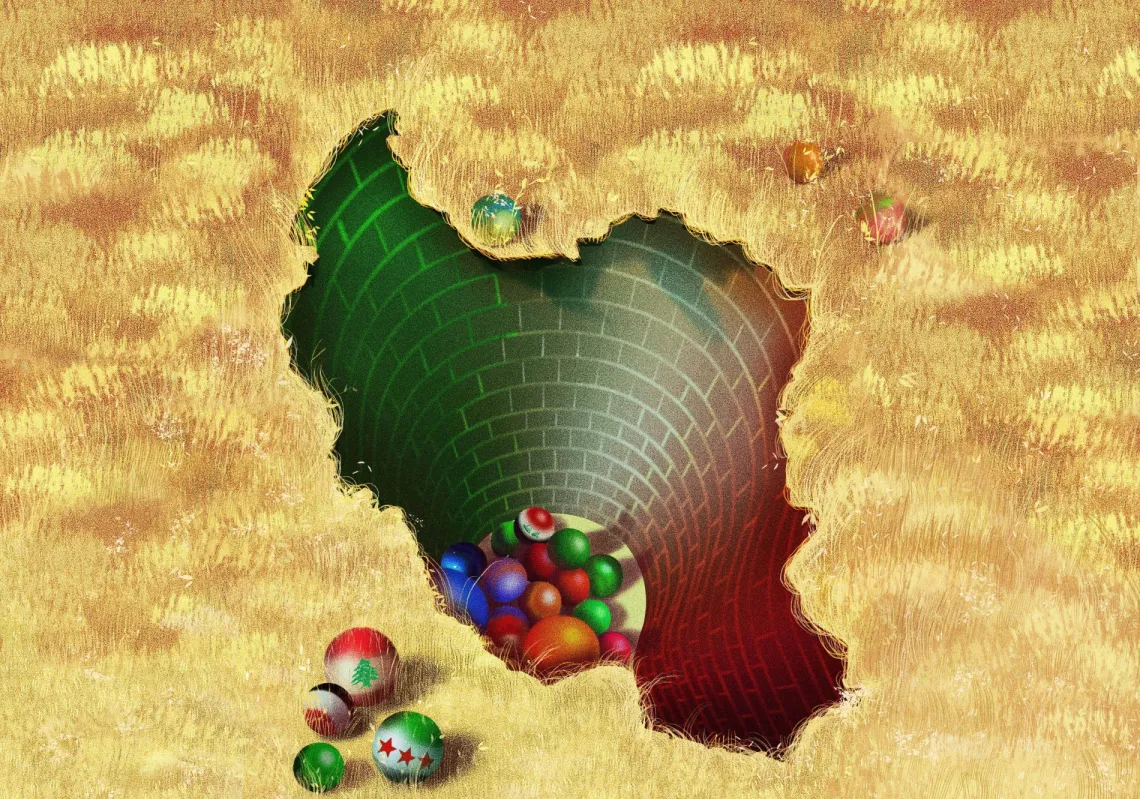The appointment of Mark Savaya as Special Envoy to Iraq by President Donald Trump has garnered considerable attention in Iraq, prompting questions about the significance of the move and what it reveals about Washington's evolving approach to Baghdad.
Since the beginning of Trump's second term, his administration hasn't shown much interest in Iraq, viewing it predominantly as a strategic rear base for Iran—one that must be wrested from Tehran's sphere of influence.
Numerous indicators point to this disengagement. Just two weeks into the new administration, on 4 February, the White House issued a presidential memorandum reinstating the policy of 'maximum pressure' on Iran. That document identified Iraq's financial system as a key loophole exploited by the Islamic Republic to circumvent US sanctions—one that Washington believes must be sealed.
This was swiftly followed by the Departments of the Treasury and State imposing financial sanctions on Iraqi individuals and entities accused of facilitating Iran's sanctions evasion, with some designated as terrorist threats.
Politically, there has been no substantive engagement between the Trump administration and the Iraqi government, despite Baghdad's repeated efforts to establish direct communication channels. The administration has limited itself to a few sporadic phone calls between Secretary of State Marco Rubio and Prime Minister Mohammed Shia' Al-Sudani—conversations that, judging by US readouts, have leaned more towards dictation and veiled threats than mutual dialogue between allied states.
The most recent of these calls took place in late October, during which Rubio, according to the American statement, stressed the "urgent necessity" of disarming Iran-aligned militias—an apparent escalation in US pressure over an issue that successive Iraqi governments have been unable to resolve.
Beyond this, there have been a handful of technical visits by Iraqi officials to the US. Of note, the administration has shown greater engagement with the Kurdistan Regional Government, hosting its Prime Minister, Masrour Barzani, during a visit to Washington this past May.
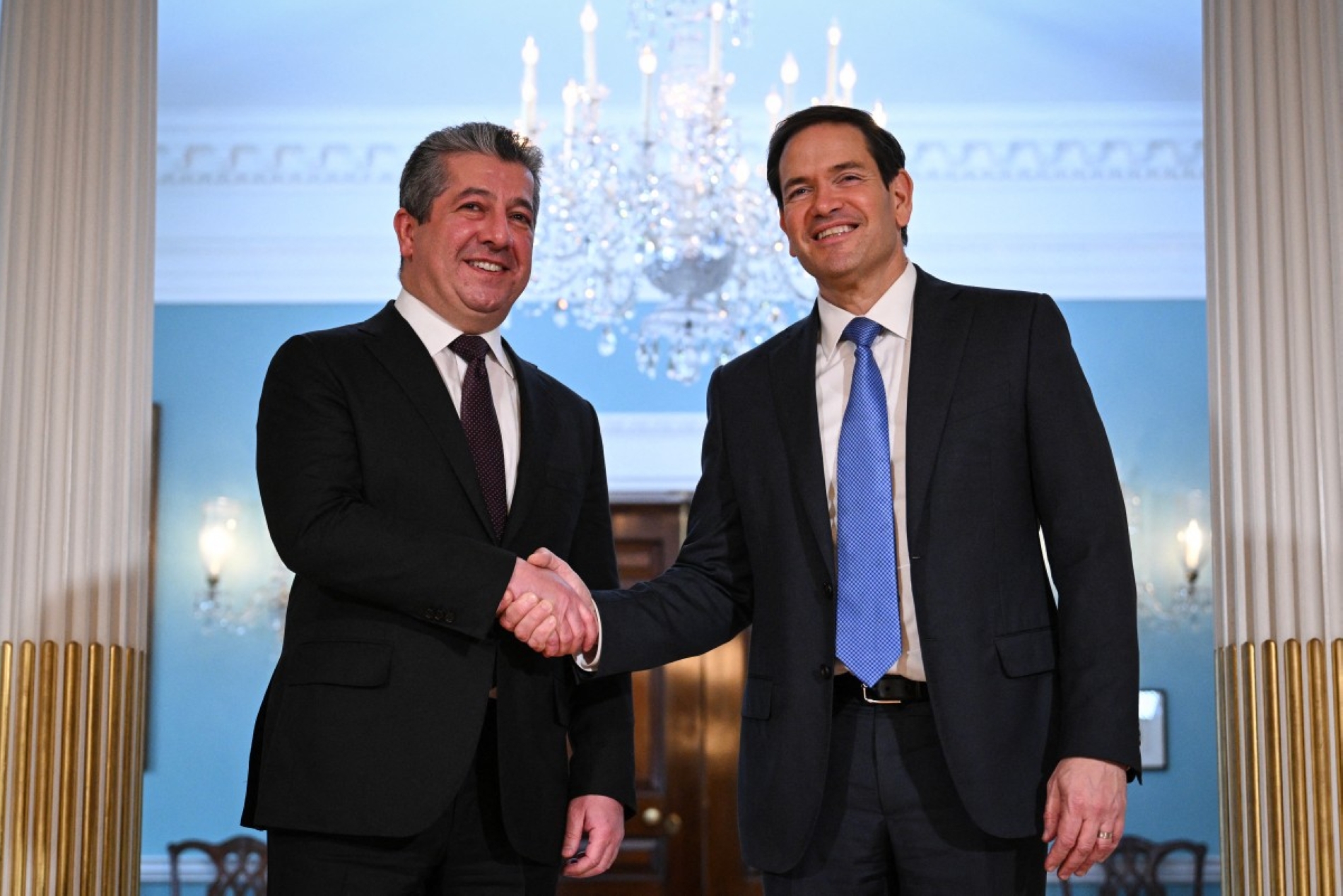
Arguably, the clearest sign of Washington's disinterest in Iraq under the current administration is its failure to nominate a new ambassador following the departure of Alina Romanowski at the end of last year. In her absence, the US mission in Baghdad remains under the stewardship of Chargé d'Affaires Joshua Harris.
Enter Savaya
It is within this context that the significance of Savaya's appointment as special envoy to Iraq becomes evident. While the move bypasses traditional institutions of foreign policy—such as the State Department and the National Security Council—it is consistent with other Trump-era appointments. In Iraq's case, it creates a direct line between the White House and developments on the ground, shaped by Savaya's personal approach to the role.
Unlike other special envoys, such as Steve Witkoff and Tom Barrack, who oversee high-priority foreign policy portfolios and enjoy close personal ties to the president, Savaya is neither a confidant of Trump nor is Iraq a presidential priority. His appointment appears less a reflection of strategic concern for Iraq than the settling of a political debt—recognition for Savaya's electoral support, including financial contributions, during Trump's 2020 and 2024 campaigns, as well as for his role in securing victory in the traditionally Democratic-leaning swing state of Michigan.


